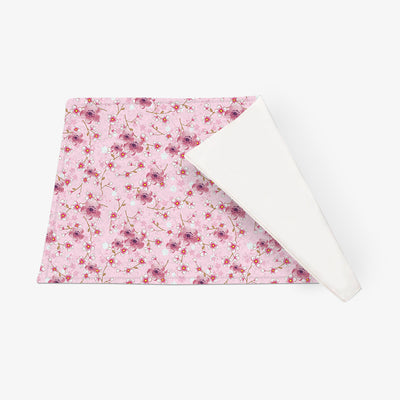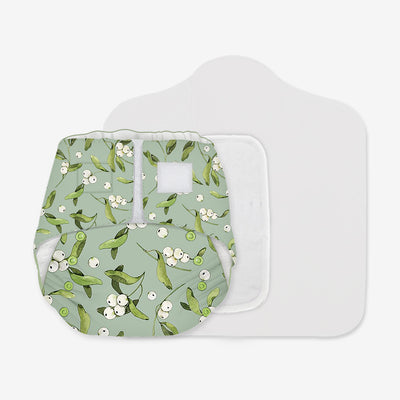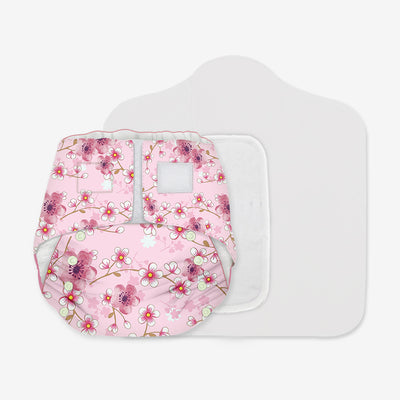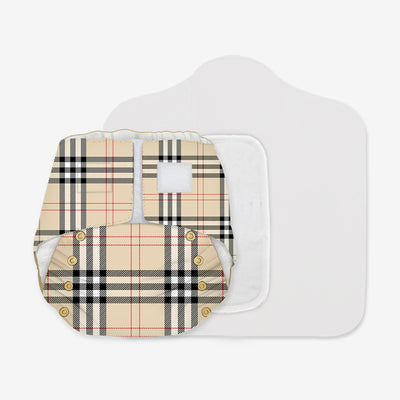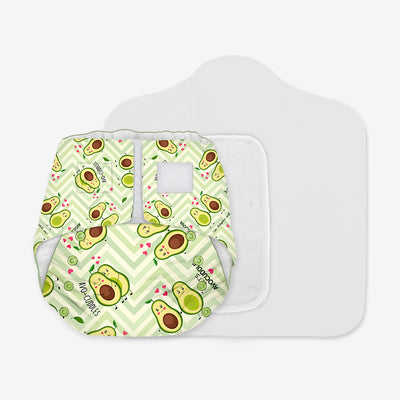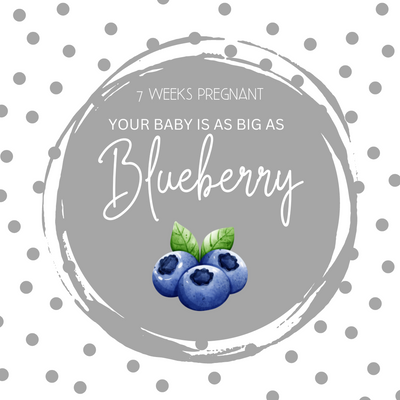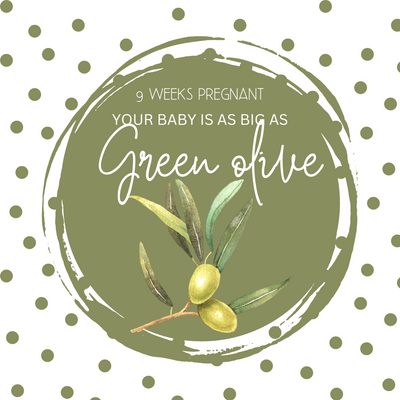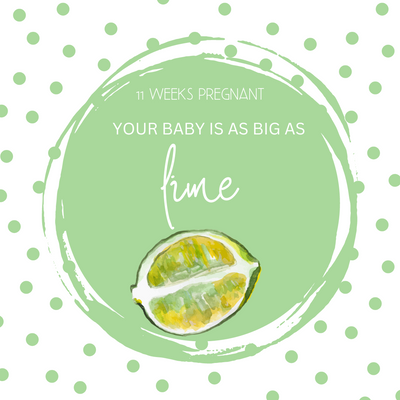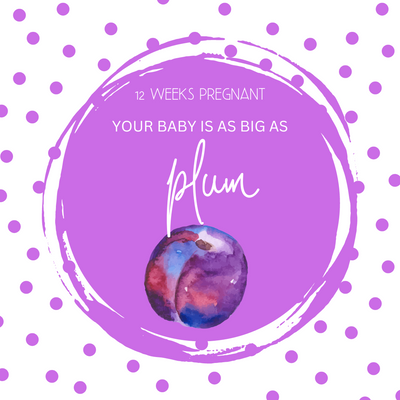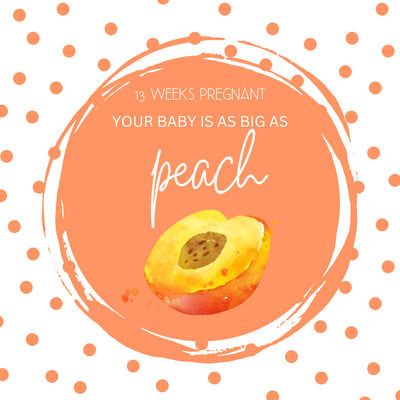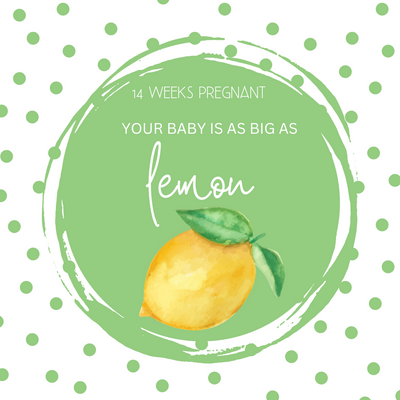17 Weeks Pregnant-Growing Bump

Congratulations, you are 17 weeks pregnant! This is an exciting time as you are now halfway through your second trimester. In this blog post, we will discuss everything you need to know about being 17 weeks pregnant.
How Many Months Is 17 Weeks Pregnant?
At 17 weeks pregnant, you have completed four full months of your pregnancy and are now in your fifth month.. Typically, a pregnancy lasts around 40 weeks, which is divided into three trimesters. The first trimester spans from the start of the pregnancy until the end of week 12, while the second trimester extends from week 13 through week 26. The third trimester begins at week 27 and continues until delivery.
17 Weeks Pregnant: Your Symptoms
At 17 weeks pregnant, you may start to experience some new symptoms, such as:
Braxton Hicks contractions: You may start to feel Braxton Hicks contractions, which are practice contractions that prepare your body for labor.
Back pain: As your baby grows, your center of gravity shifts, which can lead to back pain.
Heartburn: Hormonal changes during pregnancy can cause heartburn, which is a burning sensation in your chest.
Constipation: Pregnancy hormones can also slow down your digestive system, leading to constipation.
Leg cramps: Leg cramps can occur due to increased pressure on your legs and dehydration.
Nasal congestion: Hormonal changes can cause swelling in your nasal passages, leading to congestion.
17 Weeks Pregnant: Your Baby's Development
At 17 weeks pregnant, your baby is about the size of a pomegranate, measuring around 5.1 inches long and weighing around 5.9 ounces. Here are some key developments happening this week:
Movement: Your baby is now able to move its joints and limbs, and you may start to feel tiny flutters or kicks.
Lanugo: Your baby is covered in a fine hair called lanugo, which helps regulate body temperature.
Tooth buds: Tooth buds are forming under the gums, which will eventually develop into baby teeth.
Skeleton: Your baby's skeleton is hardening, and the bones are beginning to ossify.
Vernix caseosa: A thick, white substance called vernix caseosa is forming on your baby's skin, which protects the skin from the amniotic fluid.
How does the belly change at 17 weeks pregnant?
At 17 weeks pregnant, your belly may start to show a more noticeable bump. Your uterus is now about the size of a cantaloupe and is starting to push against your abdominal wall. You may also start to experience some round ligament pain, which is a sharp, stabbing pain in your lower abdomen caused by the stretching of the ligaments that support your uterus.
What can you expect your body to look like at 17 weeks pregnant?
Pregnancy affects each woman's body differently, and the changes that occur during this time can vary greatly from person to person. However, at 17 weeks pregnant, you may start to notice some changes in your body, such as:
Weight gain: You may have gained around 5-10 pounds by now, and will continue to gain weight throughout your pregnancy.
Breast changes: Your breasts may be larger and more sensitive, and your nipples may darken.
Skin changes: You may notice some changes in your skin, such as stretch marks, acne, or dark patches on your face.
Hair changes: Your hair may become thicker and shinier due to increased hormones.
Mood changes: Hormonal changes during pregnancy can cause mood swings, anxiety, or depression.
17 Weeks Pregnant: Things to Consider
Prenatal Check-ups: Continue attending regular check-ups with your healthcare provider to monitor your baby's development and address any concerns.
Balanced Nutrition: Ensure you're consuming a well-rounded diet with essential nutrients for your baby's growth and your own well-being.
Hydration: Stay hydrated by drinking plenty of water to support healthy blood circulation and amniotic fluid levels.
Gentle Exercise: Engage in low-impact exercises like prenatal yoga or swimming to improve strength, flexibility, and promote overall well-being.
Maternity Clothing: Start considering comfortable maternity clothing options as your baby bump continues to grow.
Remember to consult your healthcare provider for personalized advice and enjoy this special time as you bond with your growing baby.



